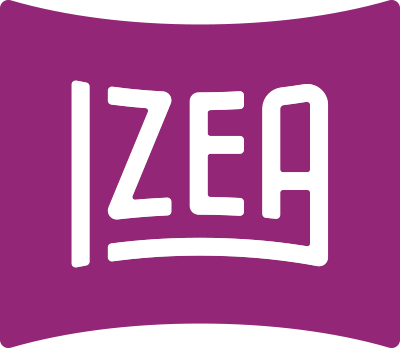To highlight the wide diversity of journalism innovation projects proposed by our 100% Journalism finalists, we’re running short Q & As with our ten finalists.
 Joan Gralla served for years as an energy reporter for Reuters. On the job covering oil refineries, she noticed that there were many smaller, but still dangerous, accidents taking place that garnered little attention from the news media but that, cumulatively, pose a threat to workers industrial everywhere. She wants reporters to cover those smaller-scale events that could point to potentially catastrophic conditions such as those that caused the BP oil spill in the Gulf of Mexico.
Joan Gralla served for years as an energy reporter for Reuters. On the job covering oil refineries, she noticed that there were many smaller, but still dangerous, accidents taking place that garnered little attention from the news media but that, cumulatively, pose a threat to workers industrial everywhere. She wants reporters to cover those smaller-scale events that could point to potentially catastrophic conditions such as those that caused the BP oil spill in the Gulf of Mexico.
Ebyline spoke with Gralla about her #Journo100 project proposal. The following is an excerpt of that interview, edited lightly for clarity.
Tell me about your #Journo100 project proposal.
Years ago I was an energy reporter and we only reported major refinery mishaps. But some of the best places [for information] were the state environmental regulators and I discovered that there were many smaller accidents that were going on all the time and if you started looking for patterns you could see that some refineries were more dangerous than others. And eventually this could lead to lethal accidents.
So I thought it would be really helpful to start reporting all of these incidents because they’re a matter of public safety. You have these noxious releases of who knows what, and then you have all of these accidents that could point to dangerous conditions that the public should know about.
How would freelancers enable this project to take flight?
Well they would have to cuddle up to union officials because they’re often the best source of information about a refinery because, naturally, the company is going to be secretive. And there’s a lot of information that the environmental regulators have and there’s a lot of information that the first responders have. Now, if it reaches a certain level of seriousness the first responders, the police, and firemen are called, but most of the time the refineries try to deal with it using their own people.
Where would you publish this?
I was thinking of doing something on the web initially. But there are publications I could also think of pitching it to. Goodness knows Texas has some really good newspapers and it’s conceivable that it would be something that they would be willing to pick up.
Why do you want to start with the oil refining industry first?
It’s the one I know. I absolutely know this is going on there.
Who would benefit from this information being out there?
The public. As well as the workers. I think the public, even in Texas where they’re already inured to refinery row, chemical row, high rates of cancer in some areas, I still think even there they would be interested in knowing exactly what’s going on. And especially after the BP refinery disaster, let alone the one in the Gulf, there’s a lot more interest.



